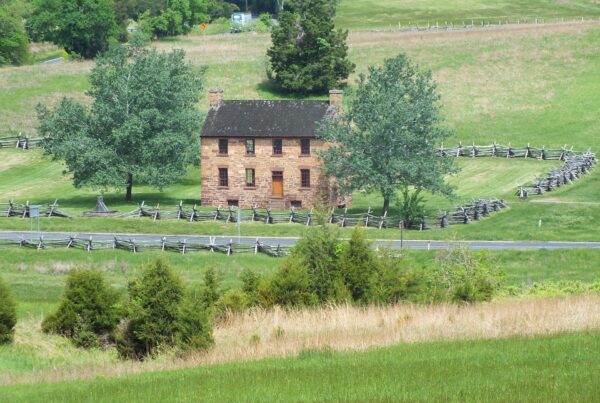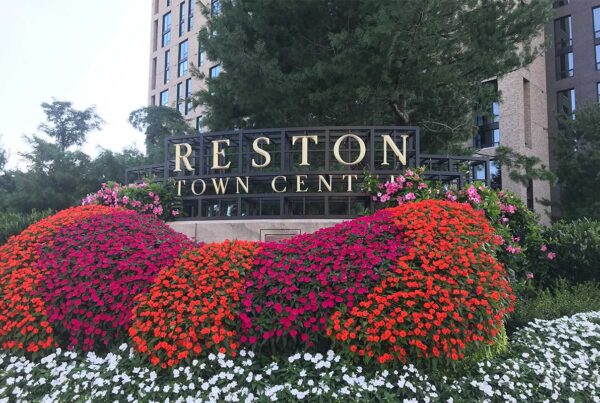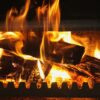Eliminating Unpleasant Fireplace Smells in Fairfax, VA: A Comprehensive Guide
The warmth of a blazing fire, the crackling logs, and the pleasant ambiance a fireplace provides is a favorite aspect of many Fairfax, Virginia, homes. However, an unpleasant odor emitting from your fireplace can instantly disrupt this comfort. This issue is not uncommon and can occur in any fireplace, regardless of its age or type. Fortunately, there are solutions to this problem. This comprehensive guide will help Fairfax residents in eliminating unpleasant fireplace smells, ensuring a cozy and comfortable environment.
Understanding the Cause
Unpleasant fireplace smells are typically the result of creosote deposits—a by-product of wood burning—in your chimney. However, other factors such as animal nests, moisture, or even a dirty flue could be the culprits.
Creosote Deposits
Creosote is a black or brown residue that sticks to the inner walls of your chimney. It’s formed when wood or other organic material is burned. The accumulation of creosote in your chimney can cause a strong, unpleasant odor, especially during the humid summer months or when it rains.
Animal Nests
Birds, squirrels, or raccoons might find your chimney an inviting place to build their nests. These nests can not only cause blockages but also lead to unpleasant smells if the animals die inside.
Moisture
Moisture in your chimney can result in a musty odor. This usually happens when your chimney cap is damaged or missing, allowing rainwater to enter.
Dirty Flue
A dirty flue can also cause a smoky smell. This is due to the buildup of soot and ash, which can be carried into your home when the wind blows.
The Solution: Regular Maintenance and Cleaning
The most effective way to eliminate unpleasant fireplace smells is through regular maintenance and cleaning by a professional. A&T Chimney Sweeps fireplace, furnace, dryer vent, gutter cleaning, and repair services in Fairfax VA, is a trusted name in this domain, offering high-quality services to keep your fireplace in optimal condition.
Regular Inspections
Annual inspections are crucial in identifying any potential problems early, including the ones that cause unpleasant smells. During an inspection, the professional will check for creosote buildup, animal nests, moisture, or any damages that need repair.
Professional Cleaning
A professional chimney sweep can clean your chimney thoroughly, removing creosote deposits, animal nests, soot, and ash. This not only eliminates the source of the unpleasant smell but also ensures the safe operation of your fireplace.
Chimney Cap Installation
If moisture is the cause of the unpleasant smell, installing a chimney cap can solve the problem. A chimney cap not only prevents rainwater from entering your chimney but also keeps animals out.
Deodorizing Products
In some cases, deodorizing products can be used to neutralize the unpleasant smell. These products are usually sprayed into the chimney and on the fireplace to mask the odor. However, this is only a temporary solution and not a substitute for professional cleaning.
To Conclude
Eliminating unpleasant fireplace smells in your Fairfax home is achievable with the right knowledge and professional help. Regular maintenance and cleaning by a trusted professional like A&T Chimney Sweeps can ensure a pleasant and comfortable environment for you and your family.
FAQs
Q: How often should I have my chimney cleaned?
A: It is recommended to have your chimney cleaned and inspected at least once a year to prevent unpleasant smells and ensure safety.
Q: Can I clean my chimney myself?
A: While it’s possible to clean your chimney yourself, it’s not recommended. A professional chimney sweep has the tools, knowledge, and experience to do a thorough job and identify any potential problems.
Q: Do all fireplaces produce an unpleasant smell?
A: No, not all fireplaces produce an unpleasant smell. The smell usually indicates an issue like creosote buildup, animal nests, moisture, or a dirty flue.
Q: Can I prevent animals from entering my chimney?
A: Yes, installing a chimney cap can prevent animals from entering your chimney and building nests.
Q: What can I do if my fireplace smells, but I don’t use it?
A: Even if you don’t use your fireplace, it can still develop an unpleasant smell due to moisture, animal nests, or a dirty flue. A professional inspection and cleaning can help identify and solve the problem.








